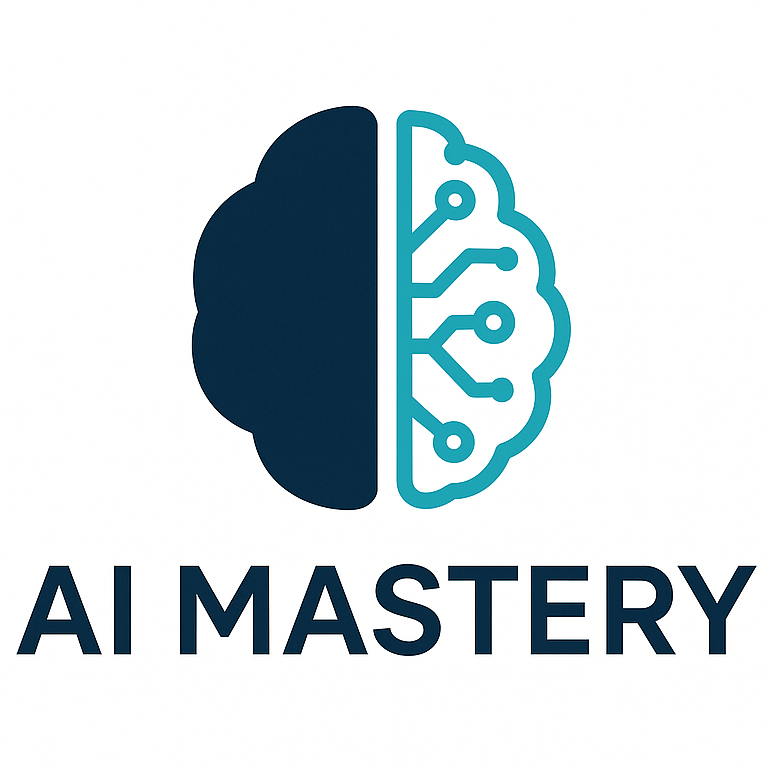
Google’s MedGemma: The Open-Source AI Set to Revolutionize Healthcare
Jul 11, 2025Imagine a future when doctors employ AI technology that interprets medical imaging as well as highly experienced specialists, streamlines workloads in diagnosis, and even identifies health issues prior to when they are severe. That future, as a result of Google's MedGemma and MedSigLIP AI models, now becomes a reality.
Why Google's Newly Unveiled AI Models are a Huge Deal for Healthcare
Google Research and DeepMind have now announced two groundbreaking new members of their open-source MedGemma AI family—MedGemma 27B Multimodal and MedSigLIP. They are both Gemma 3-architecture models with robust multimodal capabilities for interpreting rich medical data such as electronic health records (EHRs), medical imaging, and clinical text.
Why does that matter, though? Because they are accessible and adaptable. By releasing these powerful AI models as open-source, Google empowers health developers and scientists everywhere to innovate fast and customize answers that are effective, accurate, and privacy-driven.
Unveiling MedGemma's Most Important Break
MedGemma has a size of:
- MedGemma 4B Multimodal: An ultraportable but powerful model adept at interpreting medical images as much as text. On MedQA the medical knowledge benchmark, it scored a resounding 64.4%, convincingly better than other same-sized models. On a case study involving board-qualified radiologists, 81% of the chest X-ray reports generated by MedGemma 4B were clinically equivalent-to-human-generated reports, a highly effective medical diagnostics generator.
- MedGemma 27B Multimodal and Text Variants: Larger model yields higher accuracy, achieving 87.7% MedQA score—only slightly behind champion open models like DeepSeek R1 but at a minuscule fraction of the computing cost. Through the virtue of interpreting longitudinal medical records, it sits well for comprehensive patient management and accurate diagnostics.
MedSigLIP Advantage: Linking Text and Image
Google, together with MedGemma, revealed MedSigLIP, a lightweight encoder specifically intended for medical images. MedSigLIP, despite having a mere 400 million parameters, performs exceedingly well in tasks like:
- Traditional image classification: Properly classifying medical images, which are vital for diagnostic workup in dermatology, radiology, and pathology.
- Zero-shot classification: Classifying images without deep pre-training on the specific instances by matching image embeddings with text labels.
- Semantic image retrieval: Assisting physicians to quickly search for visually similar medical images, facilitating improved decision-making procedures. Irrespective of the medical specialty, MedSigLIP holds up well with non-medical photographs, becoming a highly versatile resource with a broad spectrum of uses.
How These Models are Transforming Real-World Clinical Activities
The earliest adopters demonstrate the models' practical use and flexibility:
- DeepHealth (USA) employs MedSigLIP for enhanced chest X-ray triage, as well as nodule detection.
- Chang Gung Memorial Hospital (Taiwan) had found MedGemma helpful for querying as well as summarizing medical literature, even the traditional Chinese language.
- Tap Health (India) emphasized MedGemma's rich, fine-grained perception of clinical context, which improved reliability of patient-care guidelines and clinical summaries a lot.
What's Next for MedGemma?
There are encouraging initial results, though much room for maturing. More fine-tuning already shows substantial increments, as for example MedGemma's RadGraph F1 score of chest X-ray reports rising to 30.3, reflecting yet greater accuracy in the clinical environment. Furthermore, reinforcement learning methods considerably reduce errors when interpreting electronic health records, offering potential increases in patient data management.
Google's public promise of open-source access guarantees the global health community the ability to continue to evolve and improve these models, expanding their clinical reach dramatically.
Conclusion and Future Directions
More than a collection of new medical technologies, MedGemma and MedSigLIP represent a breakthrough toward democratizing medical innovation. As effective as data from initial tests are, however, transferring these AI models from bench tests to useful clinical efficacy remains a challenge.
But Google's strategic entrance into open-source medical AI forms a solid foundation, challenging medical scientists and technology engineers to drive joint innovations forward.
Want weekly tips to grow smarter with AI?
📬 Subscribe to the newsletter and get practical advice on automation, content, and growth—straight to your inbox.
We hate SPAM. We will never sell your information, for any reason.

